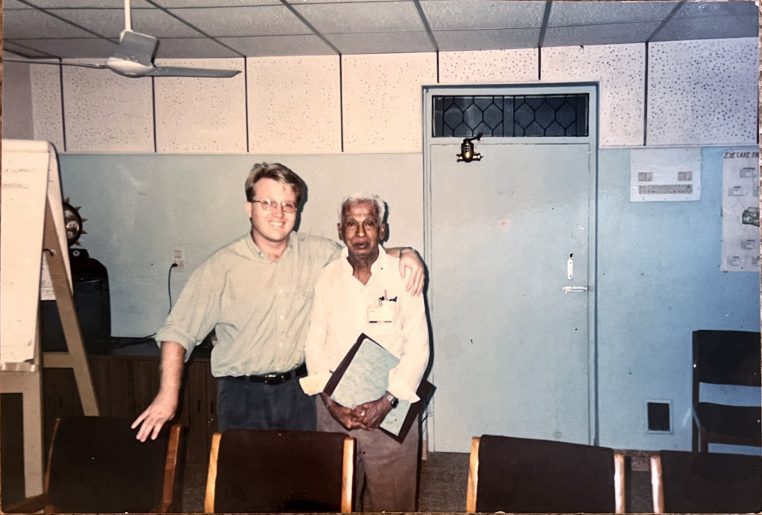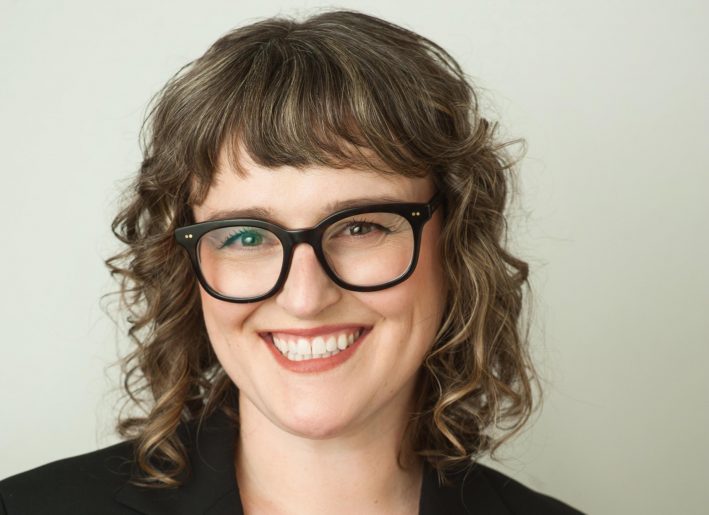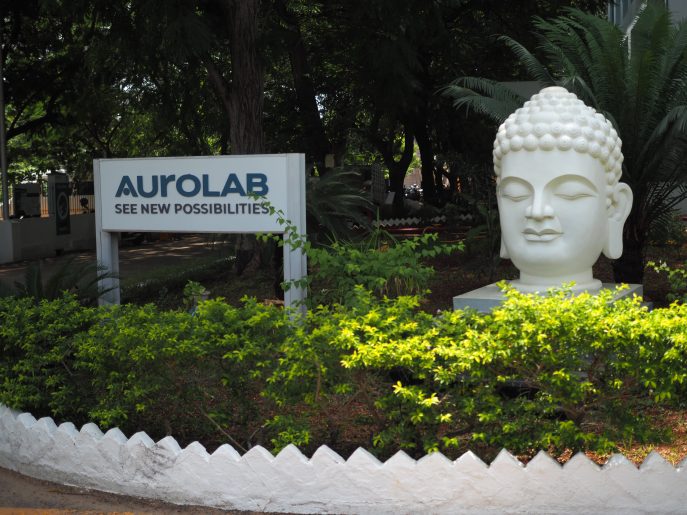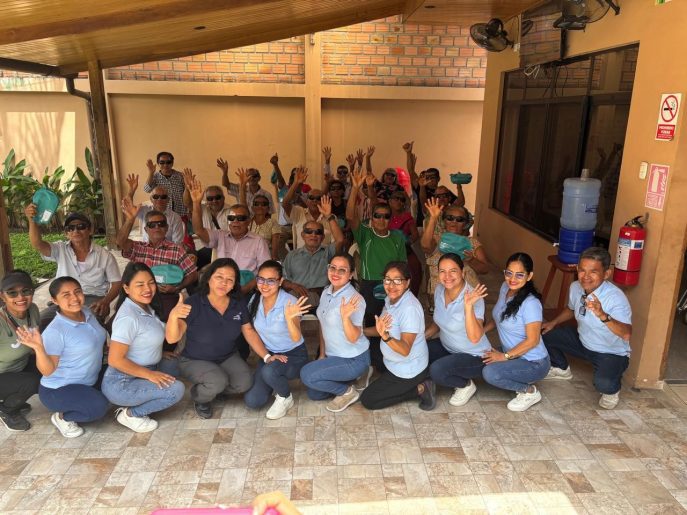As part of Seva’s Random Acts of Seva campaign, here a story about two inspiring studies from UBC on giving.
The good news is that philanthropy is infectious AND can bring happiness.
One study by Karl Aquino, a professor at the Sauder School of Business, and co-author Brent McFerran, showed that people with a strong moral identity are measurably inspired to do good after being exposed to media stories about uncommon acts of human goodness.
“Our study indicates that if more attention was devoted to recounting stories of uncommon acts of human virtue, the media could have a quantifiable positive effect on the moral behaviour of a significant group of people.”
The research shows a direct link between exposure to media accounts of extraordinary virtue and thoughts and emotions about being a better person that can lead to “pro-social” action.
A second study, by University of B.C. psychologist Elizabeth Dunn, shows that giving money away can buy happiness.
Dunn had always been nagged by the notion that money can’t buy happiness. Reliable research across the developed world finds that once a person’s basic needs are being met, surging incomes are only marginally related to happiness. A wealthy nation is not necessarily a happy nation.
People usually predict that spending on themselves will make them happy, but it doesn’t.
Dunn and her colleagues found greater happiness among people who give money to charity and buy gifts for friends, regardless of income. Even gifts of $5 brought happiness.
“Money seems to be an effective vehicle for accomplishing pro-social goals and that is strongly associated with happiness,” she said.
In one part of the study, people were given either $5 or $20. Some were told to spend the money on something for themselves; others to donate the money to a charity or buy a gift for someone else.
Pro-social spenders were happier at the end of the day than selfish spenders and it didn’t matter one bit whether they spent $5 or $20, so long as it was for the benefit of others.
“Money is a great tool for making the world a better place,” said Laura Aknin, a colleague in the research. “So hopefully this will impact the way people spend money and they can be happier as a result.”
Pro-social giving needn’t be about cash. Thoughtfulness counts.
Dunn put theory into practice recently after her boyfriend gave her six dozen roses to celebrate their anniversary. Dunn in turn tried to give one rose to six dozen people, spreading the happiness windfall far and wide.
Practice random acts of seva and be happy!
See more blogs posts about random acts of seva.
Sources: The Vancouver Sun and UBC Public Affairs



